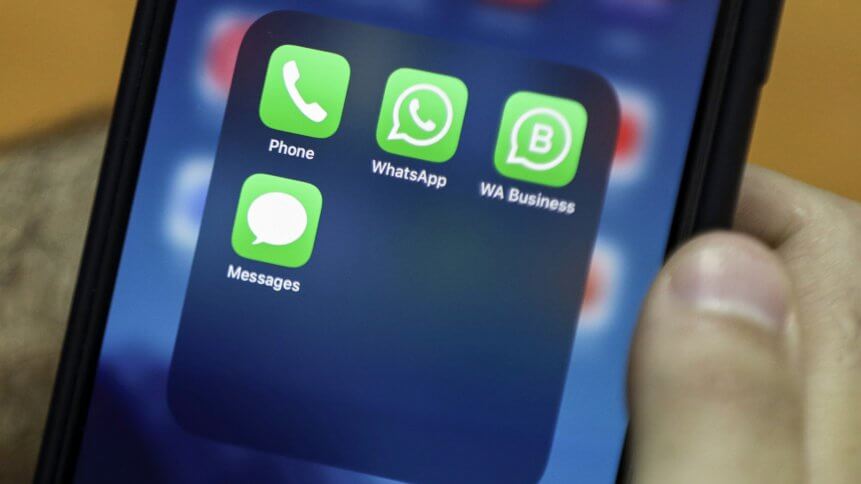WhatsApp gears up to combat fake news on its platform

In the heat of the current crisis, information is being quickly disseminated across social media and instant messaging networks – whether it’s grounded in facts or not.
WhatsApp is perhaps the most popular instant messaging (IM) platform in the world, but with over 2 billion registered users, the Facebook-owned platform has found it difficult to police the rampant spread of misleading and oftentimes outright false information.
The issue has been increasingly (and uncomfortably) in the spotlight in the wake of the coronavirus pandemic. Yesterday, the company publicly revealed two initiatives to tackle this current spread of fake news on its platform.
The company announced it was working with the World Health Organisation (WHO), UNICEF, and the United Nations Development Program (UNDP), and the Poynter Institute’s Fact-Checking Network to introduce the ‘WhatsApp Coronavirus Information Hub’.
The service provides resources, clear guidance, and helpful advice aimed at better educating WhatsApp’s global user-base as to the actual, confirmed information about the COVID-19 infection.
WhatsApp hopes this approach, along with introducing dedicated messaging hotlines with both the WHO and UNICEF, will help to curb the proliferation of unverified information and unfounded rumors. The texting hotlines will be introduced at a later date, and the numbers will also be made available on the WhatsApp Coronavirus Information Hub.
These hotlines will offer additional health and safety information that might not be available elsewhere, and might contain specific information for different communities and locations.
WhatsApp says on the Hub’s page that leaders such as health care pros, NGOs, educators, local businesses, and local government officials will stand to benefit from the service, and be able to stay connected with their communities during these challenging times.
Alongside this, the instant messaging company further revealed that it was granting US$1 million to the aforementioned Poynter Institute’s International Fact-Checking Network, or IFCN. The IFCN advocates for better standards in fact-checking principles, provides fact-checking training, and monitors global fact-checking trends and policies to ensure consistency and reliable fact-based best practices.
Additionally, the funds will help train individuals to make use of the WhatsApp Business API and advanced features.
Will Cathcart, Chief Executive Officer at Whatsapp Inc, said in a statement, “We are also pleased to be able to partner with the Poynter Institute to help grow the amount of fact-checking organizations on WhatsApp and to support their life-saving work to debunk rumors. We will also continue to work directly with health ministries around the world for them to provide updates right within WhatsApp.”
WhatsApp’s parent company Facebook recently committed to donating $20 million to aid global COVID-19 relief efforts via the WHO’s Solidarity Response Fund and the CDC Foundation which is launching the Facebook Fundraiser in the coming weeks.
The social media giant’s efforts come on the back of other philanthropic (read: unlikely to result in financial gain) moves by the big tech giants, to work together with governments, nonprofits, and health officials in order to effectively combat the virulent coronavirus pandemic.










